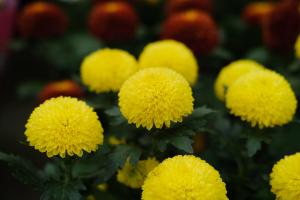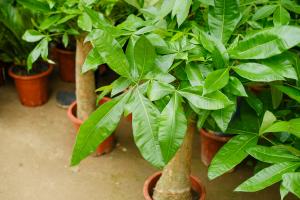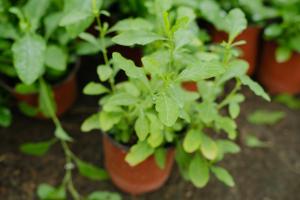Do Juniper Trees Kill Other Plants?
Juniper trees are commonly found in arid and semi-arid regions all over the world. These trees are evergreen, hardy and their needles are resistant to drought, making them ideal for surviving in harsh environments where other plants cannot. While juniper trees can coexist with other plants, there's a misconception that they kill other plants. In this article, we will explore whether juniper trees indeed kill other plants.
What Are Allelopathic Species?
Allelopathy is a biological phenomenon where plants produce chemicals that can inhibit the growth of other plants to provide a competitive advantage. Some trees, like the walnut tree, release chemicals that can be toxic to other species. These plants are called allelopathic species. The chemicals involved in allelopathy can be sourced from plant roots, foliage, or seeds. This phenomenon is often confused with the standard competition for nutrients and sunlight.
Do Juniper Trees Possess Allelopathic Properties?
The answer is yes. Juniper trees produce several chemicals that can be toxic to other plants. The primary chemical involved is called thujone, a compound found in the tree's foliage and bark. Thujone is toxic to plants in high concentrations and can reduce their ability to grow. While most plants can grow under juniper trees, some species are more susceptible to thujone toxicity than others, including grasses, forbs and small shrubs.
What Are the Effects of Juniper Trees on Other Plants?
While juniper trees do contain allelopathic properties, the severity of their effects on surrounding plants depends on several factors. For instance, juniper trees produce chemicals that can negatively impact nutrient cycling, soil microorganisms, and the surrounding plant community. The buildup of these chemicals in the soil can create a hostile environment for other plants, reducing the diversity of plant species.
Additionally, juniper trees may impact the soil structure and water balance, which may affect the growth and establishment of other plants. Given these effects, it's important to understand the types of plants that can coexist with juniper trees and those that are more prone to experiencing negative effects.
How to Manage Juniper Trees in Your Landscape?
Managing juniper trees in your landscape is essential to create a balanced and healthy ecosystem. Below are some approaches you can use to manage juniper trees:
Prune Juniper Trees: Pruning your juniper trees can improve their health, stimulate growth, and reduce shading on other plants.
Select the Right Plant Species: When selecting plants to grow near juniper trees, choose species that are tolerant of juniper allelopathic chemicals and can withstand the harsh growing conditions.
Monitor Soil Nutrients Levels: It’s essential to monitor soil nutrient levels since juniper trees can affect nutrient cycling, which can impact other plants’ growth.
Water Plants: Watering other plants in the vicinity of juniper trees can help maintain their health and vitality.
Conclusion
Juniper trees do contain allelopathic properties, but that doesn’t necessarily mean they kill other plants. While it's true that juniper trees can affect other plants' growth and establishment, their effects depend on several factors that need to be considered. By managing juniper trees in your landscape and selecting the right plant species, you can create a diverse, healthy ecosystem that can thrive in harsh growing conditions.

 how many times do yo...
how many times do yo... how many planted tre...
how many planted tre... how many pine trees ...
how many pine trees ... how many pecan trees...
how many pecan trees... how many plants comp...
how many plants comp... how many plants can ...
how many plants can ... how many plants and ...
how many plants and ... how many pepper plan...
how many pepper plan...
































